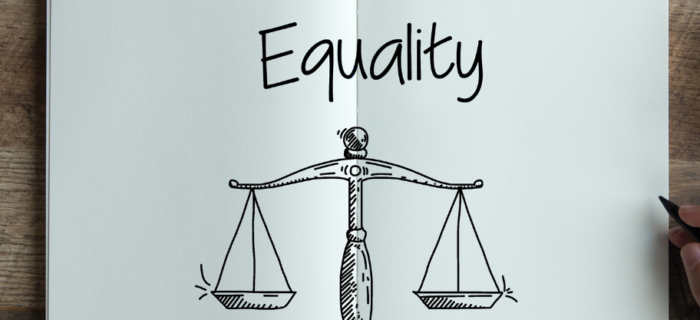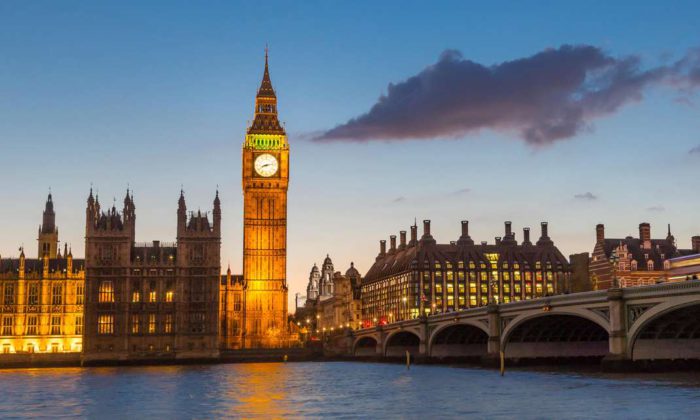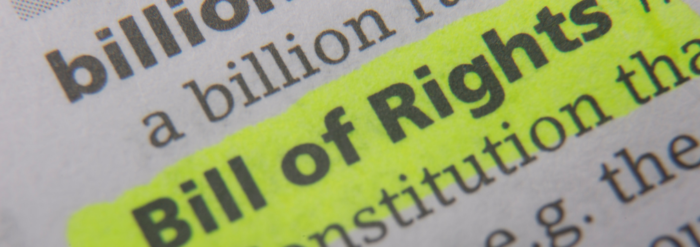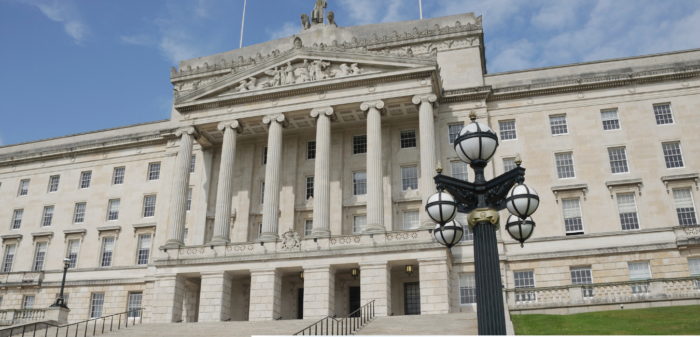Bill of Rights: Empowering a Just and Inclusive Northern Ireland
The Human Rights Consortium firmly believes that a robust and inclusive Bill of Rights can serve as a cornerstone for building a better, more just, and shared Northern Ireland. Our efforts in advocating for a Bill of Rights have spanned various activities, all aimed at fostering public dialogue, promoting human rights awareness and developing the conditions for this goal to be achieved.
The Belfast/Good Friday Agreement provided that our new political institutions and system of governance for Northern Ireland would have human rights embedded within its foundation and operation. Key to this was the concept of a Bill of Rights for Northern Ireland that was to act as a safeguard for everyone in our society. This new Bill of Rights was to be delivered via Westminster legislation but the UK Government have to date failed to deliver on this commitment.
Benefits of a Bill of Rights
Legal Protections: Enshrine fundamental rights and freedoms into law. Providing legal protections for individuals, ensuring that their rights are respected by public authorities.
Enhanced Equality and Non-Discrimination: By protecting marginalized groups, such as ethnic minorities, LGBTQ+ individuals, and people with disabilities, from discrimination and ensuring equal treatment under the law.
Supporting Peace: By safeguarding human rights on an equal basis for everyone, it helps promotes a culture of respect and tolerance.
Making Stormont work: Our power sharing system of government makes reaching consensus very difficult for political parties within the Executive. Having a framework of objective international standards would ensure Government decisions were underpinned by these standards and decision paralysis on human rights issues was avoided.
Balancing State Power: By acting as a check on government power. It limits the state’s ability to infringe upon citizens’ rights arbitrarily and prevents abuses of authority.
Individual Empowerment: By acting as a framework for citizens to challenge violations and seek remedies through legal channels.
International Obligations: It would align local laws with the international legal obligations, reinforcing the region’s commitment to global human rights standards.
Reflecting our Particular Circumstances: Having our own Bill of Rights would mean that the rights we have access to were designed and developed in a way that took account of local needs in Northern Ireland, such as the impact of human rights violations during the troubles or the divided nature of our society.
Fostering Reconciliation: Our society is healing from decades of conflict. A Bill of Rights can contribute to reconciliation by emphasizing shared values and common humanity. It encourages dialogue, understanding, and cooperation across communities. When everyone’s rights are respected, trust grows, and the wounds of the past can begin to heal.
Our Work
Our work to deliver a Bill of Rights is delivered in a number of ways:
-
Public Engagement and Facilitation
We actively engage with the public, facilitating discussions on the importance of a Bill of Rights. Through workshops, seminars, and community events, we encourage citizens to voice their perspectives and contribute to shaping a rights-based framework.
-
Research and Advocacy
Our team conducts rigorous research to identify gaps in existing legislation and highlight areas where a Bill of Rights can make a significant impact. We collaborate with legal experts, academics, and civil society organizations to advocate for comprehensive rights protections.
-
Education and Awareness
Promoting awareness is crucial. We organize educational campaigns, distribute informational materials, and collaborate with schools and universities to ensure that the next generation understands the significance of human rights and the role of a Bill of Rights.
-
Policy Development
We actively participate in policy discussions, working closely with policymakers, legislators, and government bodies. Our goal is to influence policy decisions that align with the principles of equality, dignity, and justice.
-
Challenging the UK Government
While our efforts within Northern Ireland are essential, we recognize that true progress requires action at the national level. We challenge the UK Government to deliver a comprehensive Bill of Rights through Westminster legislation.
-
Building partnership across civil society and beyond
The journey toward a comprehensive Bill of Rights is ongoing. As the Human Rights Consortium, we remain committed to fostering a society where every individual’s rights are respected, protected, and upheld. Join us in this vital endeavor!







